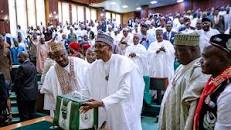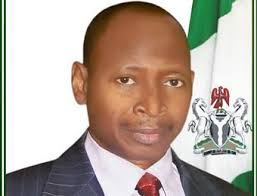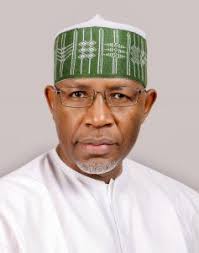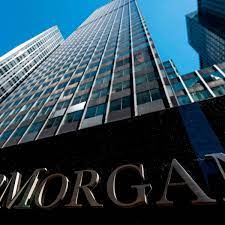Barely two hours after President Muhammadu Buhari presented the 2023 Appropriation Bill fiscal estimates to the joint session of the National Assembly on Friday, the Bureau of Public Enterprises (BPE) stated that the N206.18 billion generated through privatisation proceeds would be used to partly fund the deficit in the proposed budget.
The President had while presenting the 2023 budget estimates totalling N20.51 trillion and tagged ‘Budget of Fiscal Consolidation and Transition’ to the lawmakers in Abuja listed the privatization proceeds, new borrowings totalling N8.80 trillion and N1.77 trillion drawdowns on bilateral/multilateral loans secured for specific development projects/programmes as major sources targeted to bridge the deficit gap
The proposed N20.51 trillion 2023 expenditure comprises Statutory Transfers of N744.11 billion; Non-debt Recurrent Costs of N8.27 trillion; Personnel Costs of N4.99 trillion; Pensions, Gratuities and Retirees’ Benefits of N854.8 billion; and Overheads of N1.11 trillion.
Others are Capital Expenditure of N5.35 trillion, including the capital component of Statutory Transfers; Debt Service of N6.31 trillion; and Sinking Fund of N247.73 billion to retire certain maturing bonds.
Buhari recalled that his administration had in the last seven years transformed Nigeria’s challenging power sector, through bespoke interventions such as the Siemens Power Program, with the German government under which over $2 billion will be invested in the Transmission Grid.
In addition, he spoke on how the government leveraged billions of dollars in concessional and other funds from Nigeria’s partners at the World Bank, International Finance Corporation (IFC), African Development Bank (AfDB), Japan International Cooperation Agency (JICA) as well as through the Central Bank of Nigeria, working with the Finance Ministry, to support the power sector reforms.
The President said: “The Central Bank has also been impactful in its interventions to roll out over a million meters to on-grid consumers, creating much needed jobs in assembly and installation. Our financing interventions have recently been complemented with the takeover of four electricity distribution companies and the constitution of the Board of the Nigeria Electricity Liability Management Company.”
Speaking on power generation, he announced that his administration made significant investments in and incremental 4,000MW of power generating assets, including Zungeru Hydro, Kashimbila Hydro, Afam III Fast Power, Kudenda Kaduna Power Plant, the Okpai Phase 2 Plant, the Dangote Refinery Power Plant, and others.
He said: “Our generation efforts are making the transition from a reliance on oil and diesel, to gas as a transitional fuel, as well as environmentally friendly solar and hydro sources. Under the Energising Education Programme, we have commissioned solar and gas power solutions at Federal Universities and Teaching Hospitals at Kano, Ebonyi, Bauchi and Delta States.
“Similarly, our Energising Economies Programme have taken clean, sustainable power solutions to the Sabon-Gari Market in Kano, Ariaria Market in Aba, and Sura Shopping Complex in Lagos”, Buhari added.
It would be recalled that BPE contributed N90.73 billion through Privatisation Proceeds to mitigate the 2022 budget deficit.




